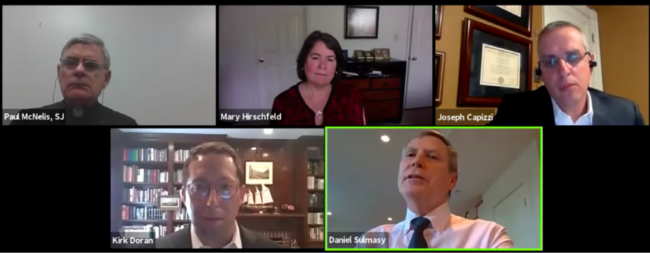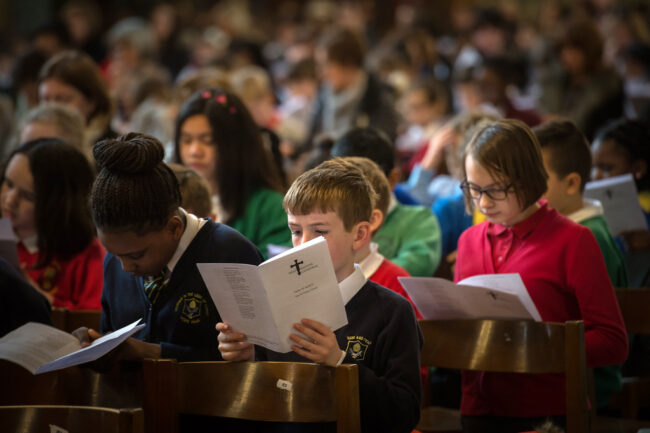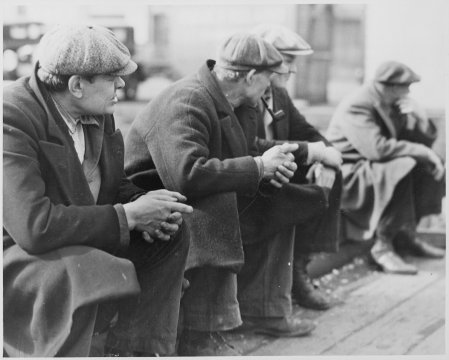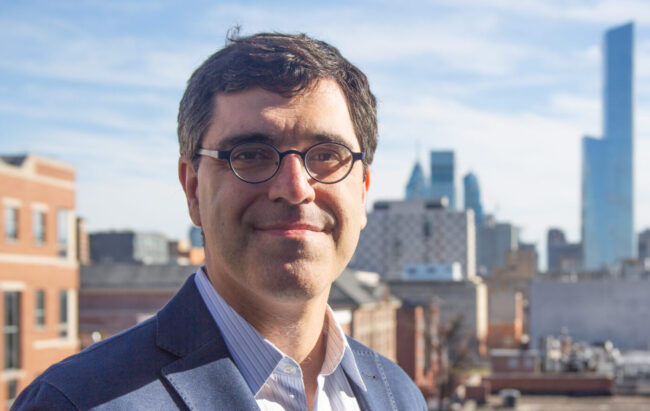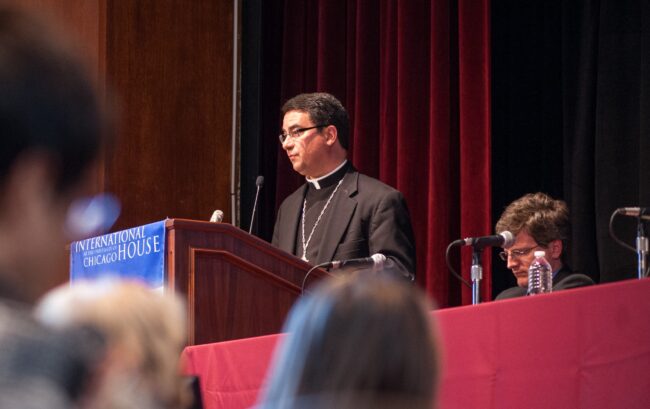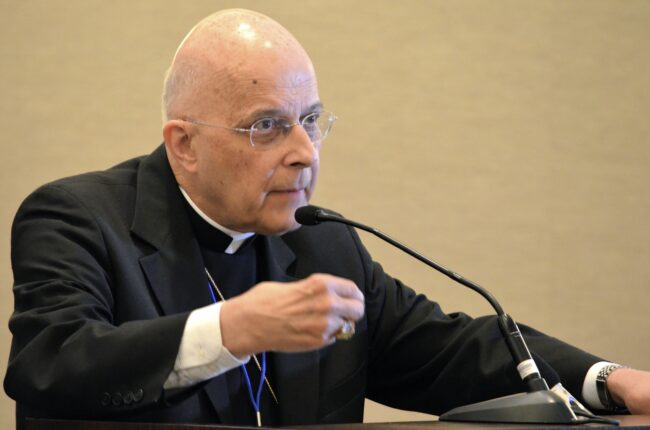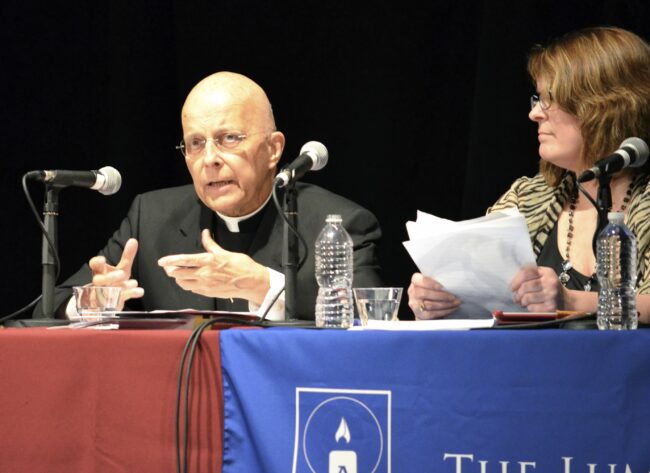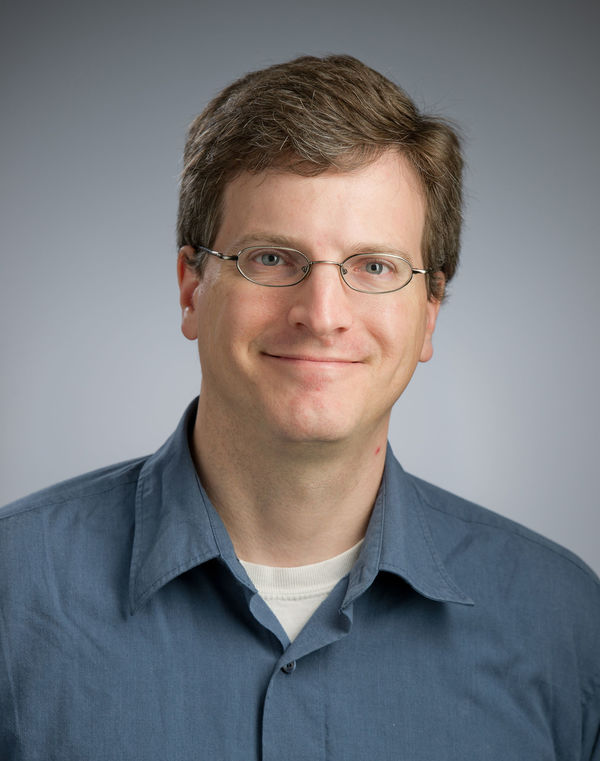Welcome to the inaugural issue of the CREDO newsletter, “On the Margin.” What do you think of the title? More importantly, what did it make you think of?
The phrase “on the margin” has many different meanings to many different people. To research economists, we use the phrase to think about the costs or benefits of an additional good consumed, worker hired, etc. We think of phrases like “marginal cost”, “marginal product”, or “marginal utility”. To a finance economist, the phrase might mean buying securities “on the margin”, that is, with borrowed money. To businesspersons, the word “margin” might remind them of profit margins. To a person directly engaged with the social ministry of the Church, “on the margin” is a phrase that emphasizes a commitment to those on those people who are sometimes forgotten or neglected members of society, e.g., the poor, indigenous peoples, women and children, the elderly. …

